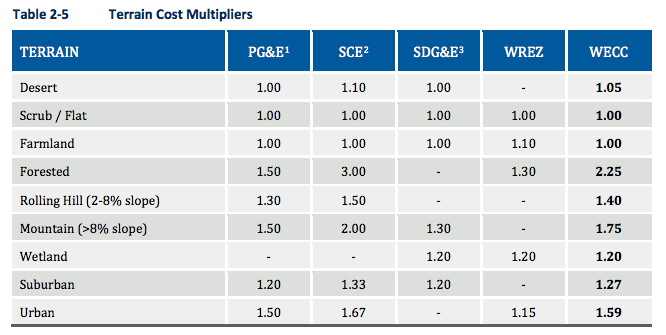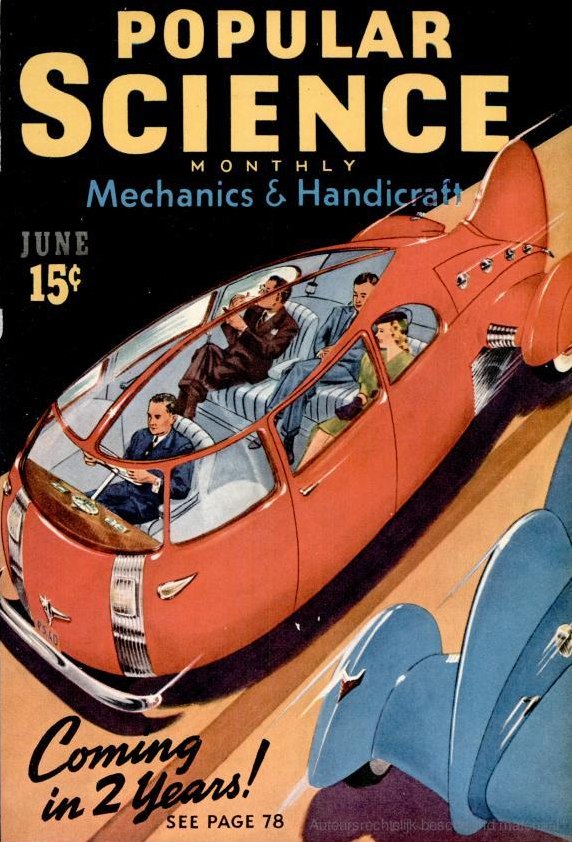Re: Elon Musk's Hyperloop- The Faster Than Sound Transportation System
So are the tubes evacuated or not? If the tubes have "no air", then the air resistance is not an issue.
If there is air in the tubes, then the amount of power required just to compress the air will be more than any small battery pack can provide.
In my opinion, the only benefit to the "tube" would be the ability to evacuate it and eliminate air/wind resistance. Otherwise you may as well just use rails and let the propulsion system deal with the air drag.
Many people had been envisioning Hyperloop as something akin to a giant vacuum tube with electromagnetically-suspended capsules running inside of it – these capsules would be loaded with passengers and simply be sucked along.
According to Musk’s announcement, however, one of the problems with such a setup would be the fact that the air column within the tube would build up in front of each capsule as it traveled down the tube. He likens it to the resistance you encounter when trying to push a plunger through a syringe full of fluid. His solution? Put an electric compressor fan on the nose of each capsule, that would draw the air through it.
According to Musk’s announcement, however, one of the problems with such a setup would be the fact that the air column within the tube would build up in front of each capsule as it traveled down the tube. He likens it to the resistance you encounter when trying to push a plunger through a syringe full of fluid. His solution? Put an electric compressor fan on the nose of each capsule, that would draw the air through it.
If there is air in the tubes, then the amount of power required just to compress the air will be more than any small battery pack can provide.
In my opinion, the only benefit to the "tube" would be the ability to evacuate it and eliminate air/wind resistance. Otherwise you may as well just use rails and let the propulsion system deal with the air drag.







 Popular Science archive">
Popular Science archive">

 read
read
Comment